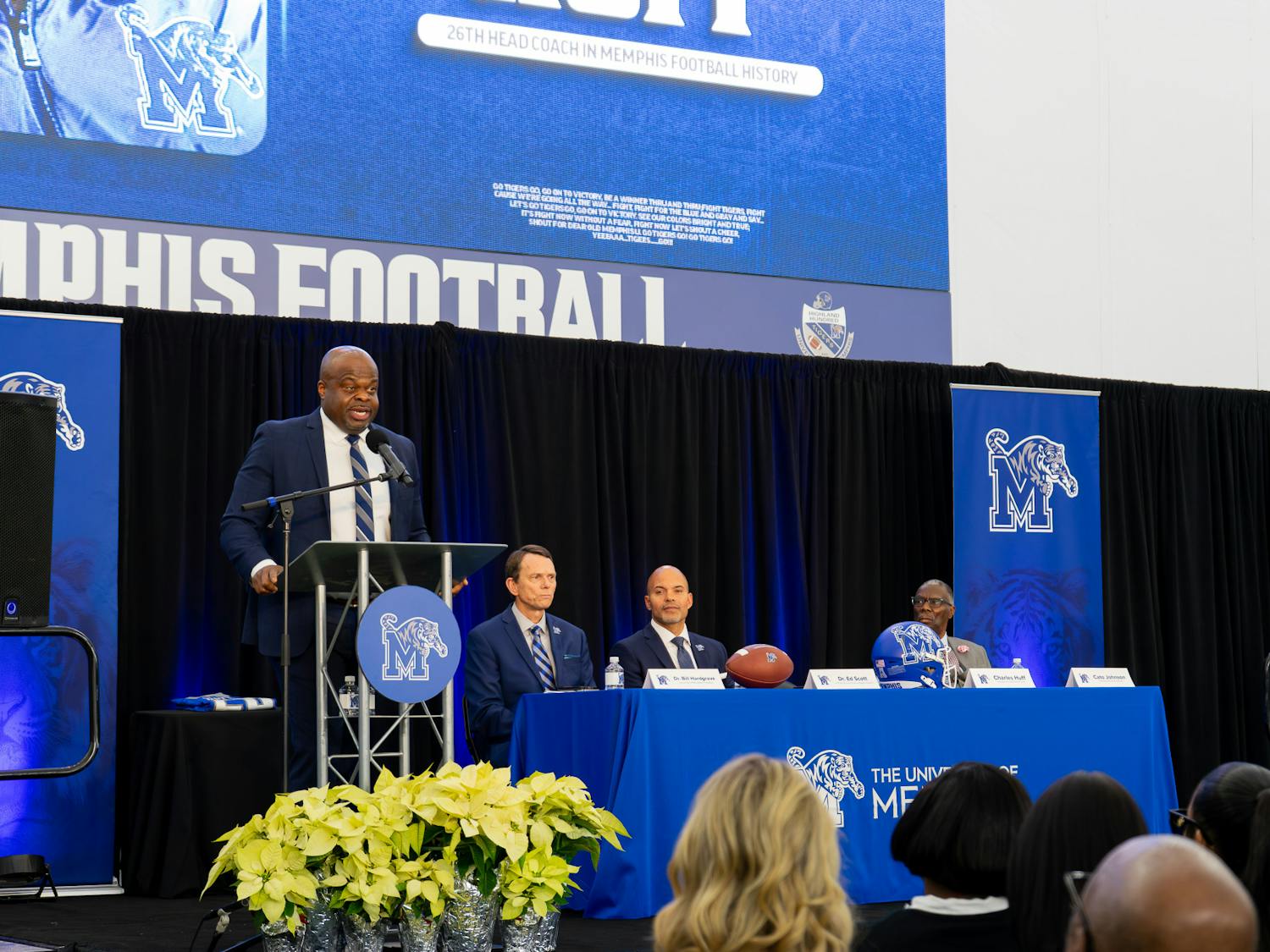It has been almost exactly six months since citizens of the United States received a stimulus check from the government. A flawed one to be sure, but as Americans started to lose their jobs to the coronavirus, anything helped.
In the time since that first check, the unemployment rate has skyrocketed from 3.8 percent in February to a heavy-hitting 13 percent in May, according to the Pew Research Center. The U.S. has not seen unemployment rates similar to this since the Great Recession in 2008, and COVID-19 has passed that benchmark of 10.6 percent.
Unemployment is not the only side effect of the virus, but a leap in poverty has accompanied it. Since May, about three percent of Americans have dipped into poverty, according to a study conducted by Columbia University. Three percent might not seem terrible, but it lacks context. There are over 331 million citizens in the United States, so a little bit of math shows that eight million people have fallen below the poverty line. Eight million people.
So, why has there been a radio silence about the status of a new stimulus check for six months? Americans are suffering and desperately in need of the extra funds, but the Cares Act seems to have not earned an encore. Simply put, the reason falls on partisanship and politics. The sheer amount of bickering between Democrats and Republicans has proven to be financially fatal for the American public.
Nancy Pelosi, a Democrat from California and the current Speaker of the House, made an appearance on CNN to speak about the status of the bill with Wolf Blitzer. The interview turned hostile when Blitzer read from an excerpt of a letter that the speaker wrote to House Democrats.
“The president only wants his name on a check to go out before election day and for the market to go up,” Speaker Pelosi wrote in the letter.
A check with President Trump’s name on it would almost certainly boost his chances of re-election, but now is not the time to be playing party politics. However, it takes two parties to play this game.
In a race to pass a bill as quickly as possible, Democrats reduced the price tag from $3.4 trillion down to $1.7 trillion at the request of Republicans. This would result in an average of $5,140 per American, assuming that all 331 million of us are eligible, instead of about $8,730. So, while the Democrats seem to be worried about the election in 13 days, Republicans are worried about the national deficit and how it will affect their own re-elections.
Yes, worried about their own re-elections. With a base that is primarily built upon being fiscally conservative, Republicans who are too hasty to concede too many aspects of the bill risk losing votes. Mitch McConnell, the majority leader of the Senate, held a private luncheon where he announced that he had advised the White House against agreeing to the Democratic bill prior to election day, according to an article published in the New York Times on Tuesday. This news followed Speaker Pelosi’s announcement that she is nearing an agreement with the Treasury secretary, Steven Mnuchin.
There is still one glaring issue with the prospect of a new bill. Will this new bill be more inclusive than its predecessor? The previous bill did not include one of the largest groups of unemployed and financially unstable individuals in the country: college students. The Cares Act, while it allowed for additional funds based on how many dependents--under 17-years-old--the individual had, passed over college students who are still listed as dependents by their parents. In many cases, this resulted in an uproar from students who believed that they had been forgotten. With millions of students in college who have lost their job, many have fallen behind on rent and payments on their tuition. If a new stimulus bill is to be all-encompassing, it must include college students.
With negotiations nearing a close between Speaker Pelosi and Mnuchin, Americans could see a bill before November. Its viability and passage relies on the small, and ever shrinking, back of bipartisanship.





